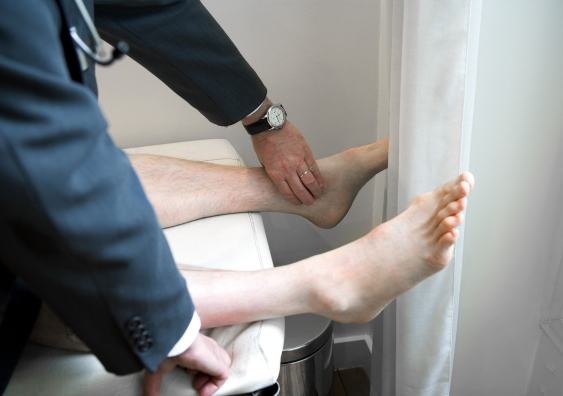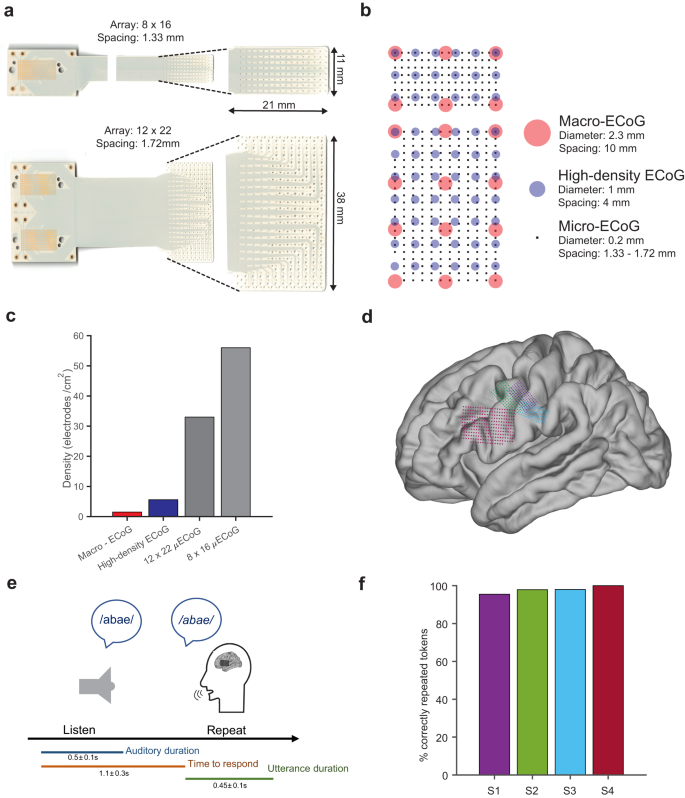2023-11-06 ニューサウスウェールズ大学(UNSW)
◆Garvan医学研究所の研究者を主導とし、UNSWシドニーからの共同著者がおり、この研究はPharmacological Research誌に最近掲載されました。PARP阻害剤は乳がんや卵巣がん患者に対して非常に効果的ですが、他のがんに対する効果はまちまちです。遺伝子検査ががんの治療反応を予測し、個別化された治療を提供し、効果が期待できない患者の副作用を防ぐのに役立つ可能性があります。
<関連情報>
- https://newsroom.unsw.edu.au/news/health/predicting-cancer-patient-response-drugs-block-dna-repair
- https://www.sciencedirect.com/science/article/pii/S1043661823002839?via%3Dihub
PARP阻害剤と化学療法の併用療法の指針となるDNA修復バイオマーカー: メタアナリシスと系統的レビュー DNA repair biomarkers to guide usage of combined PARP inhibitors and chemotherapy: A meta-analysis and systematic review
Zoe Phan, Caroline E. Ford, C. Elizabeth Caldon
Pharmacological Research Available online 17 September 2023
DOI:https://doi.org/10.1016/j.phrs.2023.106927
Abstract
Purpose
The addition of PARP inhibitors to chemotherapy has been assessed in > 80 clinical trials across multiple malignancies, on the premise that PARP inhibitors will increase chemotherapy effectiveness regardless of whether cancers have underlying disruption of DNA repair pathways. Consequently, the majority of combination therapy trials have been performed on patients without biomarker selection, despite the use of homologous recombination deficiency to dictate use of PARP inhibitors in the maintenance setting. An unresolved question is whether biomarkers are needed to identify patients who respond to combination PARP inhibitors and chemotherapy.
Methods
A systematic literature review identified studies using PARP inhibitors in combination with chemotherapy versus chemotherapy alone, where the study included a biomarker of DNA repair function (BRCA1, BRCA2, homologous recombination deficiency test, ATM, ERCC1, SLFN11). Hazard ratios (HR) were pooled in a meta-analysis using generic inverse-variance, and fixed or random effects modelling. Subgroup analyses were conducted on biomarker selection and type of malignancy.
Results
Nine studies comprising 2547 patients met the inclusion criteria. Progression-free survival (PFS) was significantly better in patients with a DNA repair biomarker (HR: 0.57, 95% CI: 0.48–0.68, p < 0.00001), but there was no benefit in patients who lacked a biomarker (HR: 0.94, 95% CI: 0.82–1.08, p = 0.38). Subgroup analysis showed that BRCA status and SLFN11 biomarkers could predict benefit, and biomarker-driven benefit occurred in ovarian, breast and small cell lung cancers. The addition of PARP inhibitors to chemotherapy was associated with increased grade 3/4 side effects, and particularly neutropenia.
Conclusions
Combination therapy only improves PFS in patients with identifiable DNA repair biomarkers. This indicates that PARP inhibitors do not sensitise patients to chemotherapy treatment, except where their cancer has a homologous recombination defect, or an alternative biomarker of altered DNA repair. While effective in patients with DNA repair biomarkers, there is a risk of high-grade haematological side-effects with the use of combination therapy. Thus, the benefit in PFS from combination therapy must be weighed against potential adverse effects, as individual arms of treatment can also confer benefit.
Graphical Abstract



